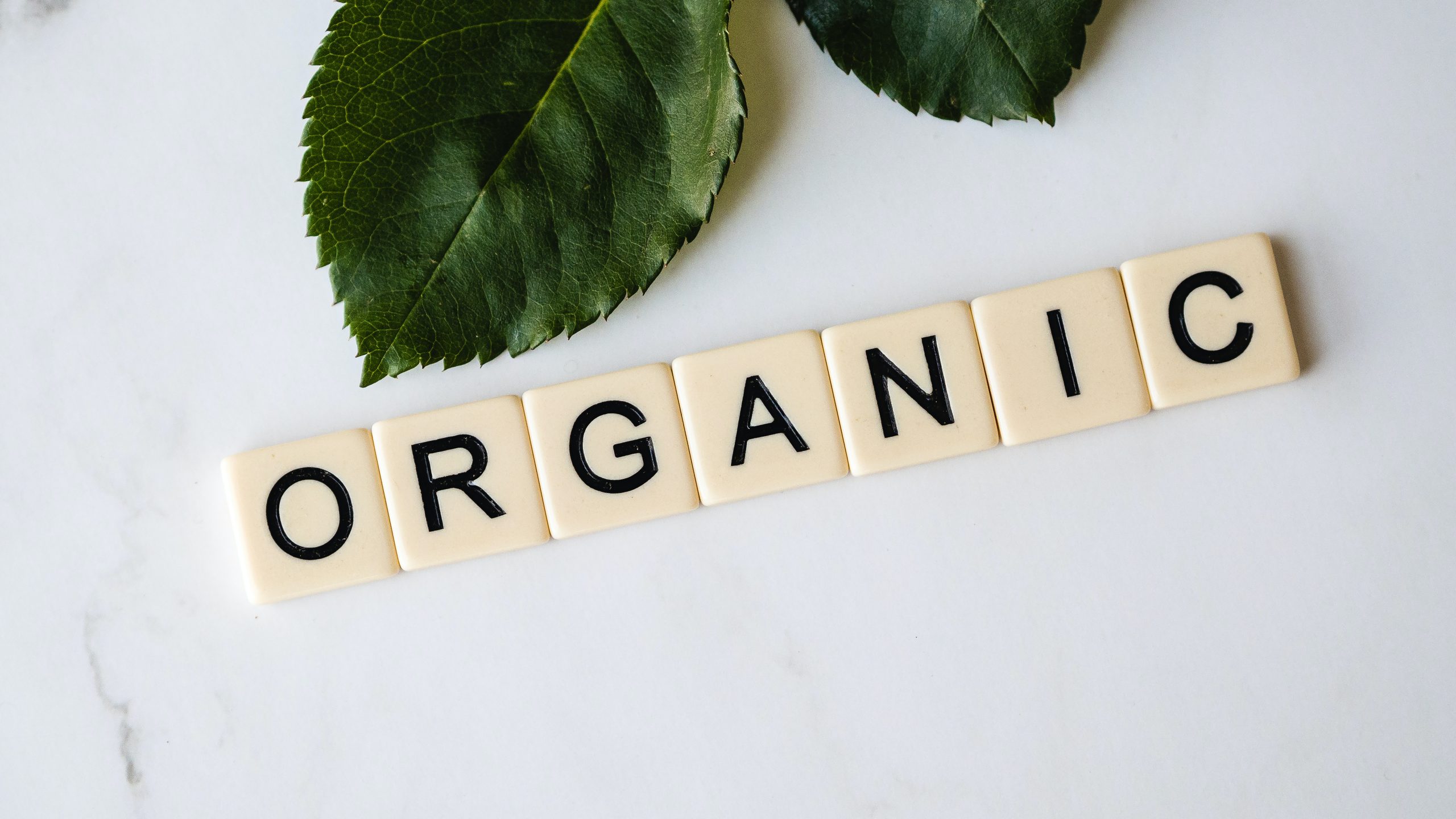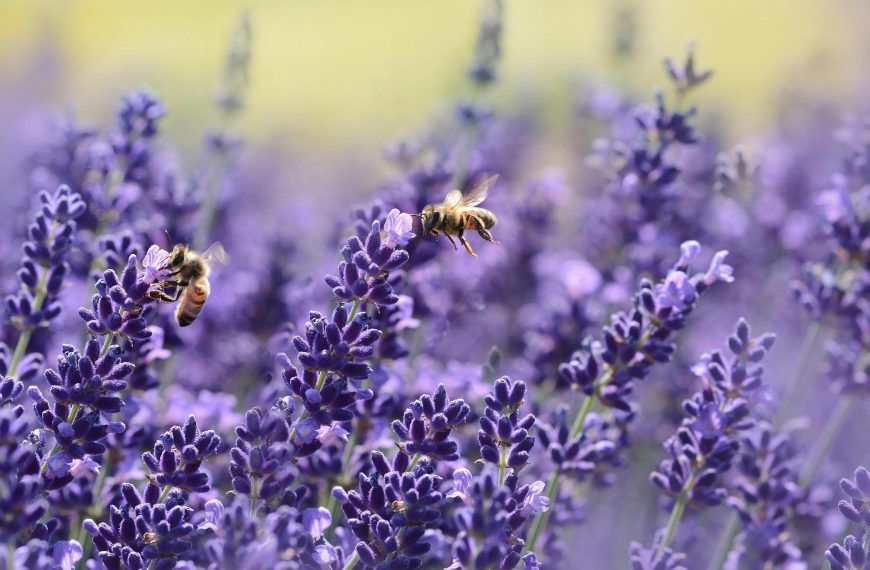In a world where consumers are increasingly mindful of their health, the environment, and ethical considerations, the term “organic” has become paramount. It holds importance in our decision-making processes regarding the food we eat and the products we choose, from supermarket shelves to fancy restaurant menus. But what does “organic” truly signify? Beyond being a buzzword, there exists a definition that encompasses its many dimensions – spanning agriculture to lifestyle choices.
Organic Farming: Nurturing Mother Earth
At its core, “organic” signifies a philosophy that prioritizes fostering harmony between human intervention and nature’s natural cycles. Organic farming is perhaps the embodiment of this belief. It embodies an approach to cultivation that rejects chemicals, genetically modified organisms (GMOs), and excessive resource consumption. Instead, it focuses on nurturing the land in ways that promote biodiversity, preserve soil health, and uphold animal welfare.
In organic farming practices, synthetic pesticides and fertilizers are replaced by alternatives like composting methods, utilization of cover crops, and biological pest control mechanisms. These sustainable approaches not only minimize impact but also result in healthier produce packed with essential nutrients. Organic farms also prioritize practices like crop rotation and reduced tillage, aiming to minimize soil erosion and preserve the health of the land.
When you choose to buy organic produce, you’re not just purchasing food. You’re investing in a commitment to transparency and safety. The organic label assures consumers that the products they are buying have met stringent production standards. Certification bodies, both government-run and private, ensure that organic producers adhere to these standards. This provides consumers with peace of mind regarding the origin and quality of their food.
In organic farming, the use of pesticides, herbicides, and growth hormones is strictly prohibited. As a result, organic products generally have lower levels of pesticide residues compared to conventionally grown counterparts. Additionally, animals raised organically are given access to open spaces, provided with diets free from antibiotics and synthetic additives, resulting in meats and dairy products that offer better nutritional balance.
The relationship between our diet and our health has become increasingly evident. Organic foods are often believed to be more nutritious than their counterparts, offering health benefits beyond basic nutrition. Studies suggest that organic produce may contain higher levels of nutrients like antioxidants, which play a vital role in combating oxidative stress and reducing the risk of chronic diseases. Furthermore, opting for products that steer clear of pesticides and hormones can yield positive effects on human well-being by minimizing exposure to these chemicals, reducing the chances of developing health problems associated with pesticides, allergies, and hormone disruption. However, it’s important to acknowledge that the extent of these advantages may vary depending on factors such as nutrients, crops, and individual dietary habits.
Environmental Responsibility
Embracing organic practices goes beyond personal health; it extends to the well-being of our planet. Modern agriculture heavily relies on inputs and large-scale monocultures, which significantly contribute to degradation through soil erosion and water pollution. Conversely, organic agriculture aims to address these issues by promoting sustainable land management and decreased resource consumption.
Organic farms prioritize the efficient use of resources while conserving water and energy, all while fostering biodiversity. The absence of pesticides prevents them from contaminating water bodies and safeguards ecosystems. Moreover, organic farming practices like agroforestry and cover cropping help sequester carbon in the soil, making a valuable contribution to combating climate change.
Beyond Food: Embracing an Organic Lifestyle
Though organic agriculture primarily revolves around our food choices, the concept of organic has expanded to encompass a lifestyle. The organic movement has inspired individuals to make organic choices in various areas of their lives, ranging from clothing and personal care items to cleaning supplies and home furnishings.
For instance, organic clothing is made from fibers that are grown without the use of pesticides or genetically modified seeds. Similarly, organic personal care products utilize ingredients that are less likely to harm the skin or disrupt hormonal balance. These choices align with the principles of promoting health, sustainability, and ethical considerations.
However, despite its advantages, the organic movement faces challenges. One significant concern is the affordability of organic products. Due to the labor- and resource-intensive nature of organic farming techniques, these products can be more expensive. As a result, access to organics might be limited for some consumers who consider them a luxury.
Moreover, as the demand for organic goods continues to increase, it becomes crucial to ensure the credibility of certification processes. Instances where mislabeling or fraud occur can undermine consumer trust in labeling practices. Therefore, implementing oversight and verification mechanisms becomes essential to maintain trust within the movement.
Looking Toward the Future
Looking toward the future, we can expect the organic movement to evolve as society becomes increasingly aware of health concerns, as well as environmental and sustainability issues. As research continues to uncover the advantages of organic practices, more and more consumers might feel compelled to make the switch. Additionally, advancements in agriculture, such as agroecology and regenerative farming, could further enhance the practicality and scalability of organic methods.
Organic goes beyond being a mere label; it represents a philosophy that encompasses a deep connection between nature, well-being, and sustainability. Whether it’s nurturing the Earth through responsible farming, ensuring food safety through transparency, or embracing an organic lifestyle on a broader scale, this concept promotes a harmonious bond between humanity and our environment. By comprehending the multifaceted aspects of organic practices, consumers can make informed decisions that align with their values while also contributing to a healthier planet.









